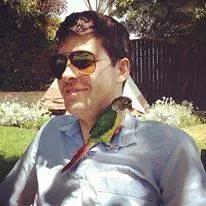| Question | Answer |
|---|---|
| to finish (something), to end (something) | 終えるoeru |
| The mouse finished eating the cheese. | ネズミ は チーズ を 食べ 終えました。nezumi wa chiizu o tabe oemashita. |
| wine | ワインwain |
| Please finish drinking the wine. | ワイン を 飲み 終えて ください。wain o nomi oete kudasai. |
| war | 戦争sensou |
| Judea (southern Palestine) | ユダヤyudaya |
| Jewish person | ユダヤ人yudayajin |
| Canada | カナダkanada |
| to begin (something) | 始めるhajimeru |
| After the war, many Jewish people began coming to Canada. | 戦争 の 後 に たくさん の ユダヤ人 が カナダ に 来 始めました。sensou no ato ni takusan no yudayajin ga kanada ni ki hajimemashita. Note: the subject marker が is more appropriate than は in this context. The subject of the sentence is たくさんのユダヤ人 (many Jewish people), and in this case, が is typically used because it is introducing new, non-contrastive information. |
| spring, springtime | 春haru |
| park | 公園kouen |
| Rabbits start going to the park in the spring. | ウサギ は 春 に 公園 へ 行き 始めます。usagi wa haru ni kouen e iki hajimemasu. |
Your questions are stored by us to improve Elon.io

